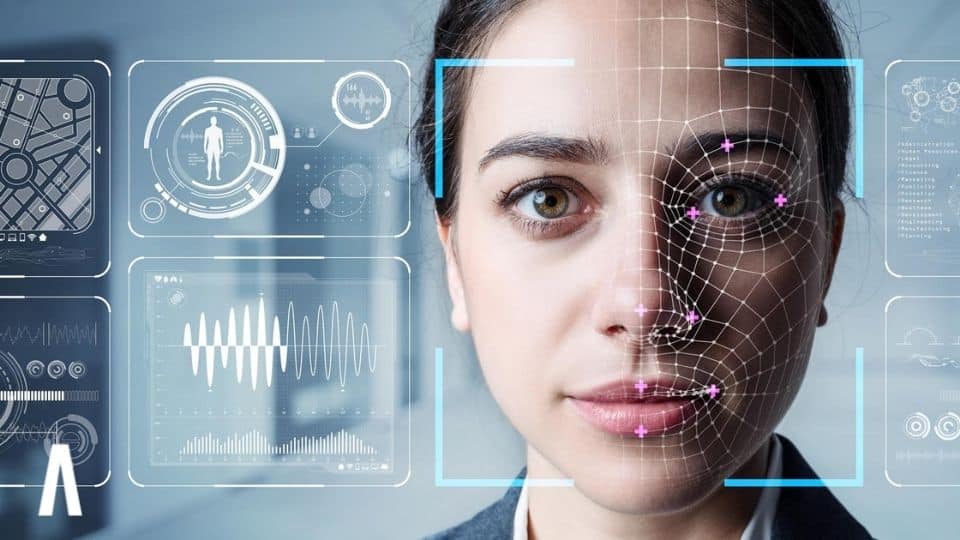This Amazing New Interview Robot Combats Unconscious Bias
Blog | March 19 2019 | Alldus Recruitment
Making assumptions about peoples competence based on gender, ethnicity, voice, education or appearance. This is unconscious bias and for a company, it can be the difference between making a good hire and making a bad one.
But how can we prevent unconscious bias within the hiring process if we are not even aware of it? While there is unconscious bias training, it is quite a complex process and there are still questions to the validity of this kind of ‘sensitivity training’.
Unconscious bias is a difficult problem to overcome…
As Daniel Kahneman, the world’s foremost expert on bias has written, “It’s difficult for us to fix errors we can’t see.”
As humans, we have a lot of biases hardwired into our brains. In our hunter-gatherer days, these helped keep us alive. However, what place do these biases have in the modern world? Well, obviously none.
In order to re-wire the brain of a single person, you would have to undo millions of years of evolution, a virtually impossible task. Furhat Robotics may just have come up with a more practical, digital age solution…
Furhat Robotics is an artificial intelligence (AI) and social robotics company out of Sweden has spent the past four years developing a solution.
Meet Tengai! Tengai is a human-like computer interface that mimics the way we speak, as well as our subtle facial expressions.
The idea is that it feels much less scary or strange compared to a more traditional robot,” according to chief scientist Gabriel Skantze
Furhat Robotics has been collaborating with one of the Swedens largest recruitment firms to allow candidates an interview which is free from unconscious bias.
Unconscious bias can materialise even before the interview starts, through informal ‘chit-chat’. A common interest perhaps which can influence the opinion of an interviewer. This aspect of the hiring process can hold weight over a recruiter or managers decision, even though it holds no bearing to a candidates competence.
Tengai does not engage in ‘chit-chat’ and poses all the questions in the same tone and in the same order. Allowing for a fairer and more objective interview.
Let’s be clear; Tengai does not decide who to hire. That is still a human decision. The transcripts of the interview are passed to a recruiter or manager to assess a candidate, only this time without unconscious bias.
I think it is a really good help while screening – if you have a big recruitment process with a lot of candidates – having someone, a robot, with no emotions, no feelings,” says Petra Elisson, who works in healthcare recruitment.
However, robots are programmed by humans, analyse datasets compiled by humans and learn from human behaviour, so couldn’t they inherit some of our biases?
Furhat robotics are working hard to ensure that Tengai does not pick up any of our bad habits.
“It’s learning from several different recruiters so it doesn’t pick up the specific behaviour of one recruiter,” explains the start-up’s chief scientist, Gabriel Skantze.
There have been record levels of immigration into Sweden over the last few years. Subsequently, this has made the topic of ethnic diversity in the workplace quite prominent.
The unemployment rate for native Swedes stands at 5%, compared to non-natives at 15%. A survey carried out by TNG shows that 73% of job seekers in Sweden believe they have been discriminated against while applying for a job.
It’s not just different ethnicities that are discriminated against: Age, gender, sexual preferences, appearance, weight, health or disability may all affect a recruiters decision. Tengai is not influenced by these details, it conducts interviews without any risk of unconscious bias.
An English language version of the robot is expected to be rolled out in 2020, but by that time Furhat robotics hopes to have made some more updates on Tengai. It is their goal that Tengai will eventually be able to decide whether or not a candidate can move forward to the next stage of recruitment.
share
related articles
Women in AI: Bridging the Gap
Despite huge advancements in AI research, the field still lags in another key area of societal progress, gender equality. With women accounting for just 22% of professionals in the field, we examine the steps needed to address this inequality and how it would also benefit the technologies themselves
Why SQL is the base knowledge for data science
As a programming language, It's a simple skill to learn, but a very valuable one. A walk in the park compared to Python or R.
Why NLP is the future of E-Commerce
There are great benefits to using NLP in eCommerce. The world of business would be greatly benefited from in-depth insights that are controlled by AI. It will help in increasing customer satisfaction rates, improve the revenue curve & ultimately transform the future of business operations.




